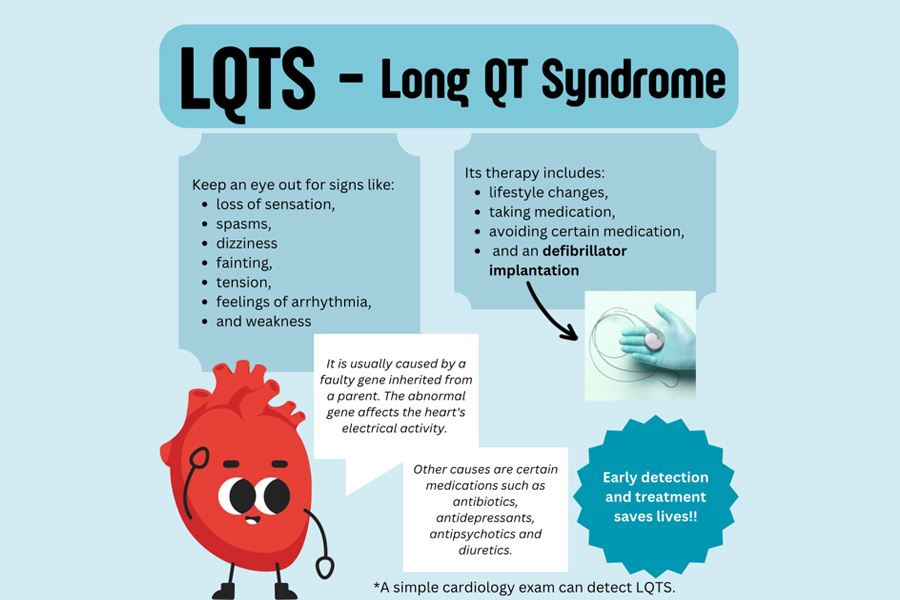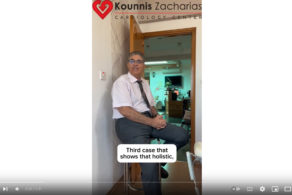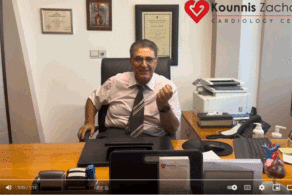
In every cardiology clinic, the timely diagnosis of Long QT Syndrome (LQTS) is of utmost importance. This inherited or acquired syndrome can cause life-threatening arrhythmias, such as polymorphic ventricular tachycardia (Torsades de pointes) or ventricular fibrillation.
Symptoms
Although often asymptomatic, LQTS can manifest with:
- Loss of consciousness
- Seizures
- Dizziness with a tendency to faint
- Feeling of irregular heartbeat
- Weakness
Risk Factors
- Intense stress
- Fatigue
- Loud noise
- Intense exercise
- Certain medications (antibiotics, antihistamines, antidepressants, antipsychotics, diuretics)
- Electrolyte disturbances (hypokalemia, hypocalcemia, hypomagnesemia)
Diagnosis
A simple electrocardiogram examination can detect LQTS. In case of a positive diagnosis, further tests will be required.
Treatment includes:
- Lifestyle changes
- Avoiding situations or medications that cause electrolyte disturbances
- Pharmacological treatment (beta-blockers)
- Implantation of a defibrillator
Prevention and Awareness
Early detection and treatment of LQTS can save lives. Be particularly careful if there is a family history of LQTS or if you exhibit symptoms that may be related to the syndrome.
Do not neglect your cardiovascular health. Although invisible, Long QT Syndrome can have serious health implications. Awareness, prevention, and early diagnosis are the keys to addressing this potentially life-threatening syndrome.











